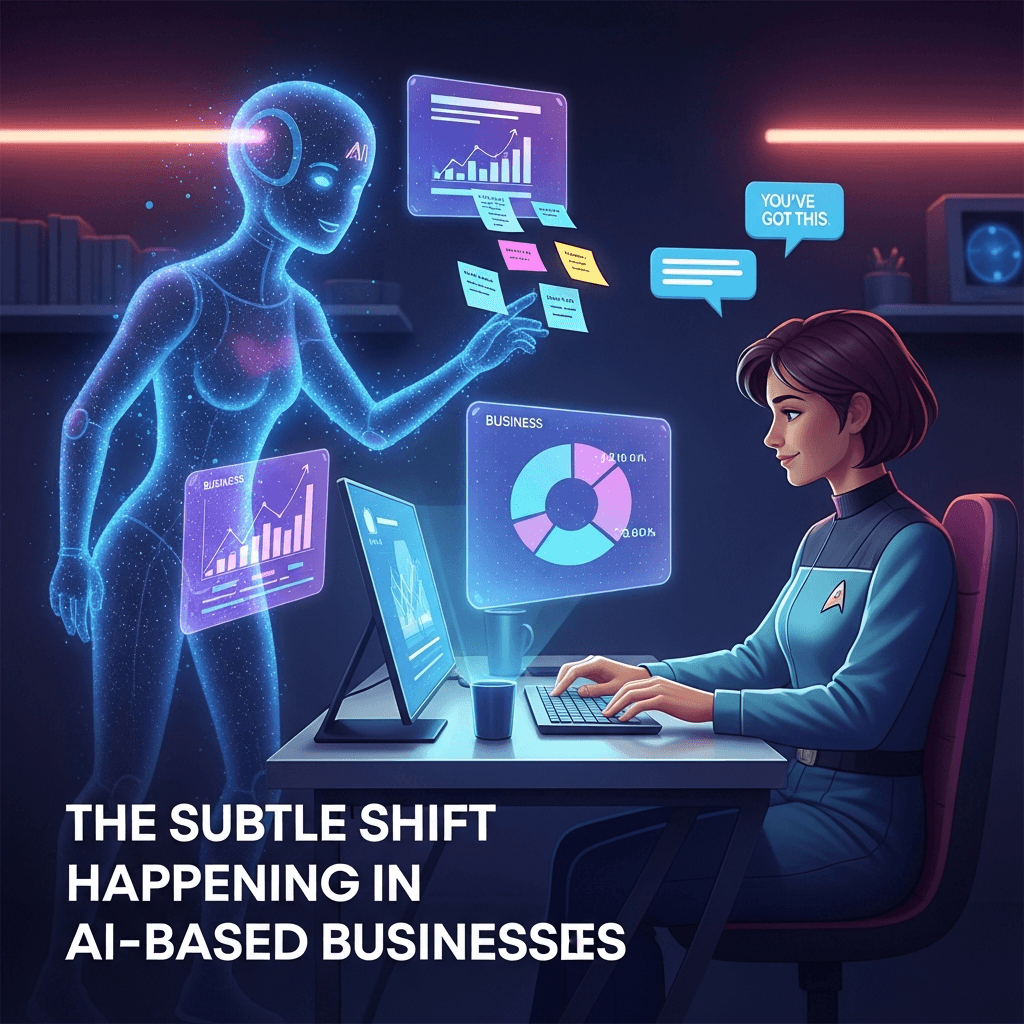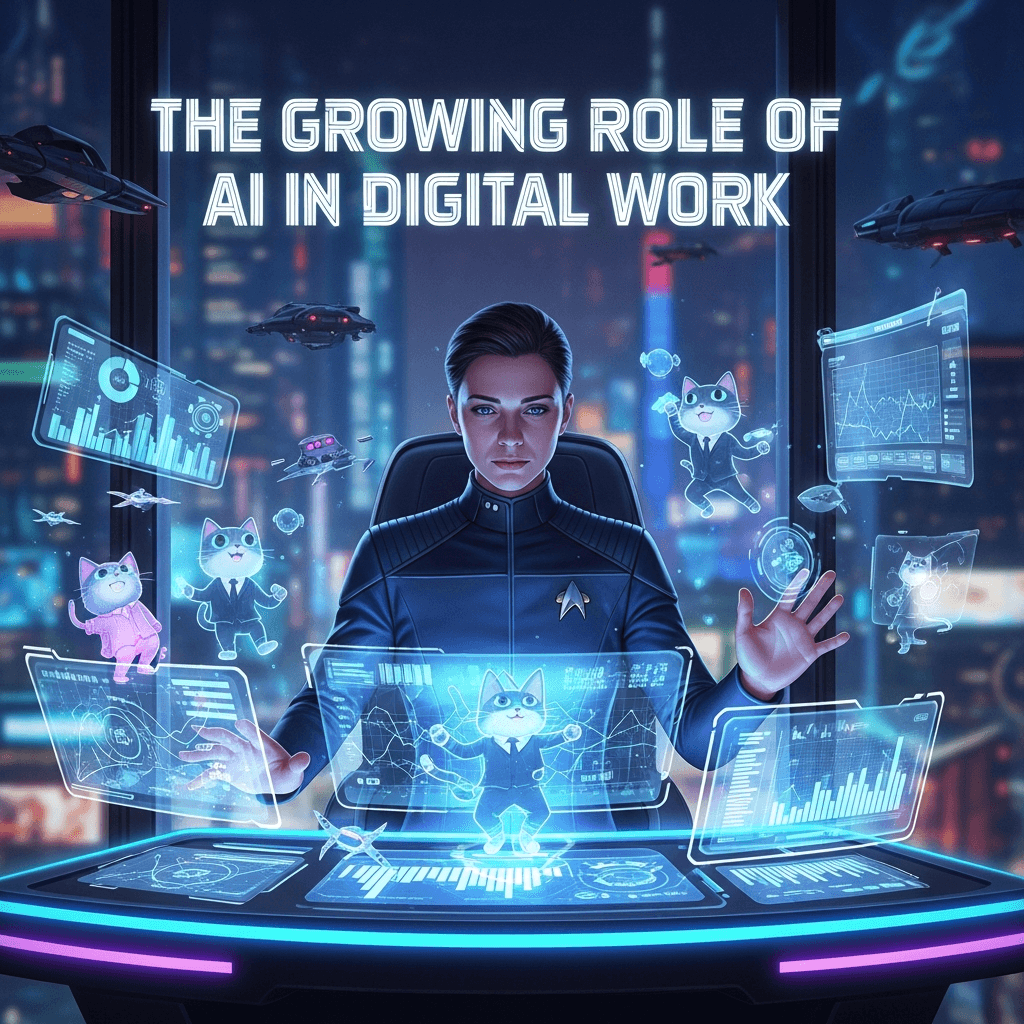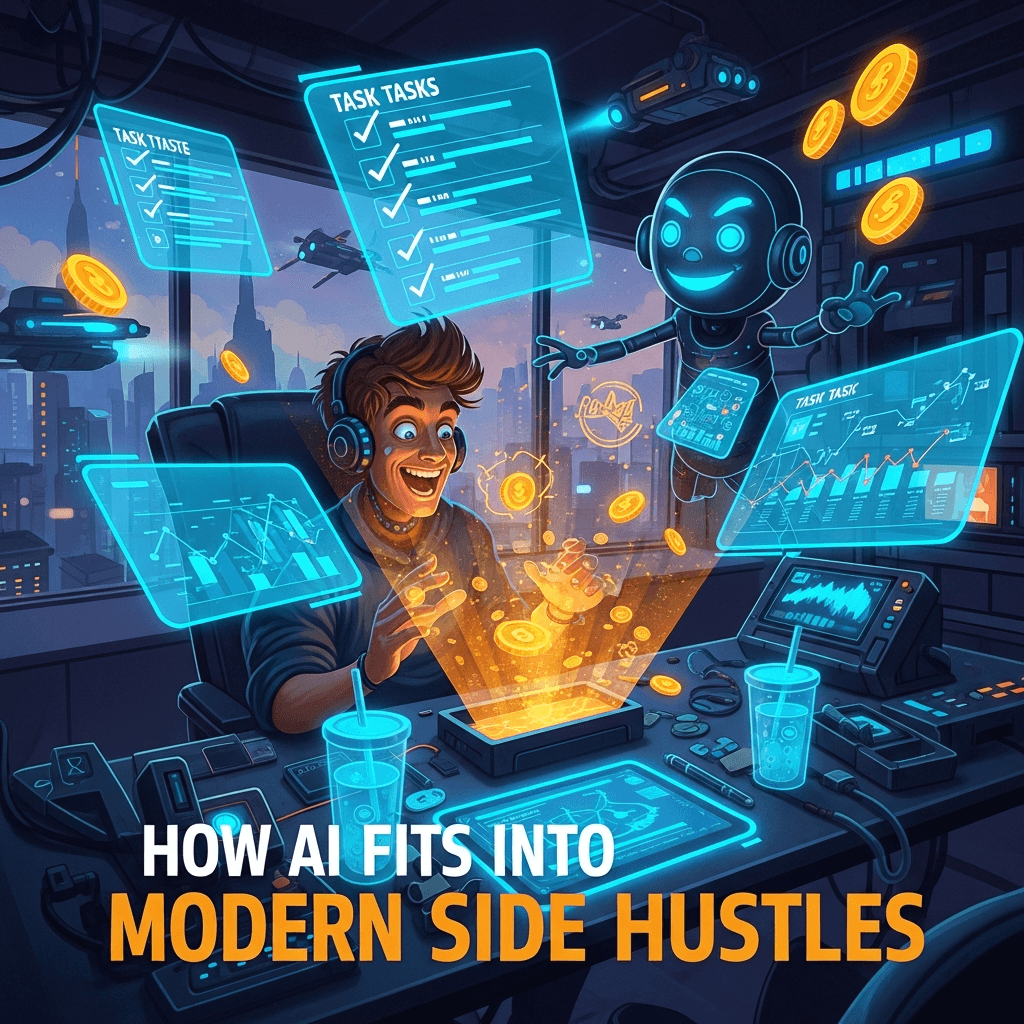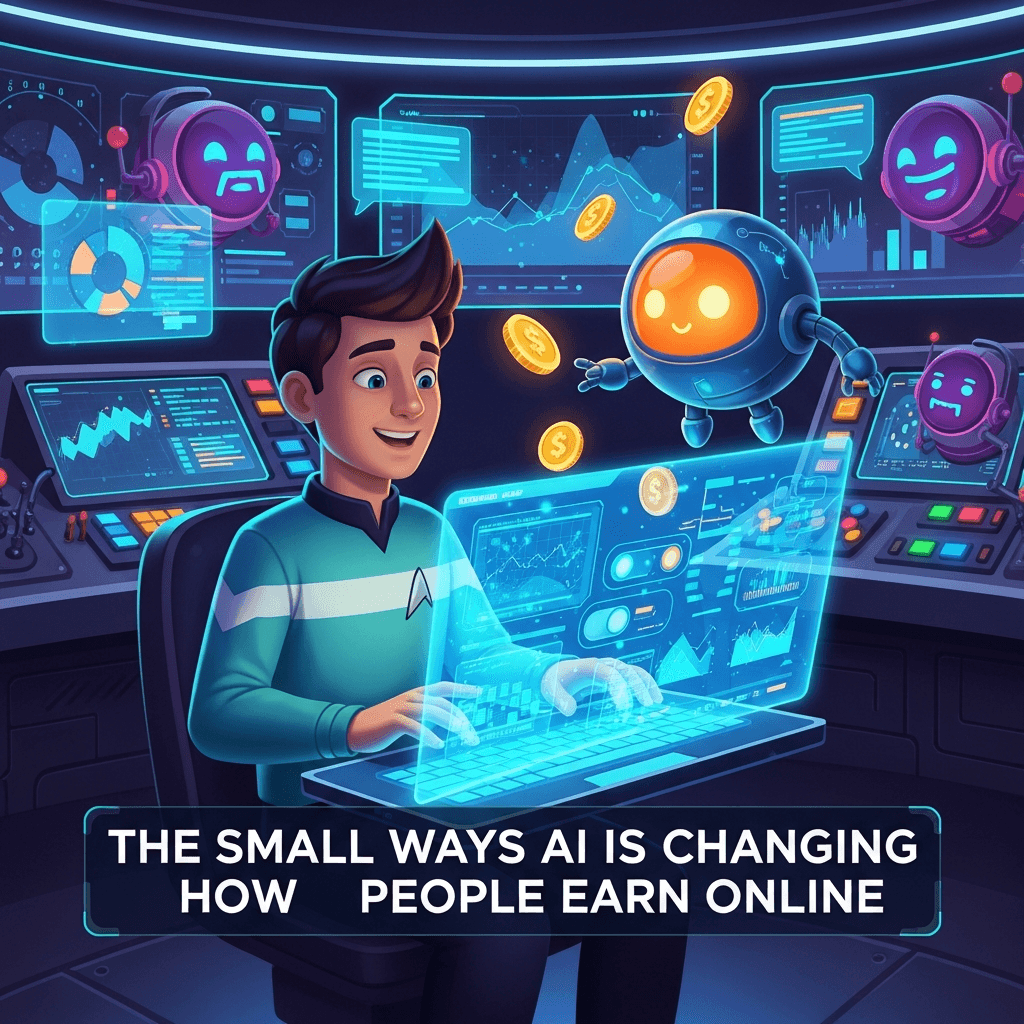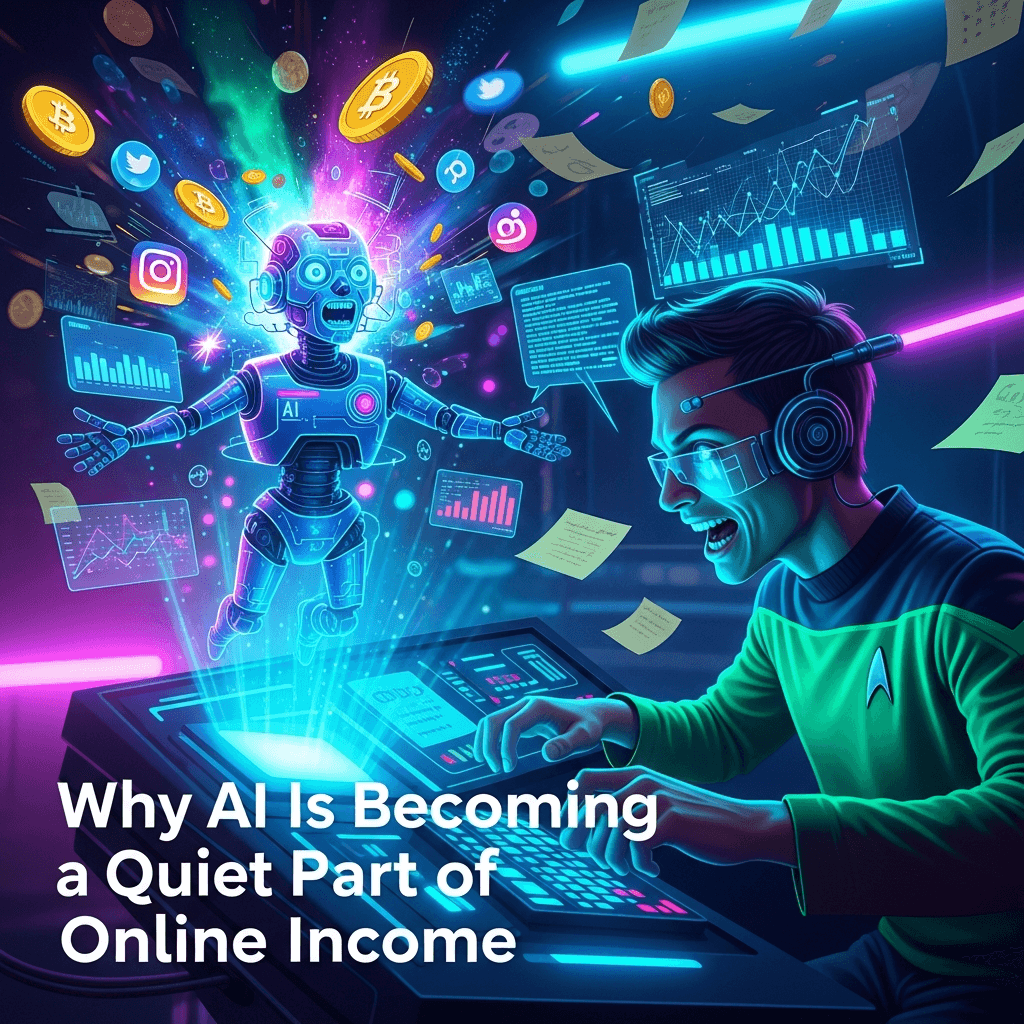Smart cameras, chatbots, even the apps on your phone—AI is everywhere. But here’s the real question: is it making life easier, or quietly turning into the biggest government spy network we’ve ever seen? From city streets to your living room, here’s the bar-talk version of what’s really going on.
“You’re sitting at the bar, and your buddy points to the security cam in the corner. He laughs: ‘That’s not just a camera, that’s probably AI tracking how many beers you’ve had.’ Everyone chuckles… but then you realize, it’s not that far-fetched. Because those same AI systems are already watching traffic, monitoring protests, and scanning faces in airports.”
“Let’s be fair: AI can help. It spots missing kids, predicts traffic jams, helps emergency calls get answered faster. Cities love rolling it out with the promise of safety and efficiency. It’s the ‘friendly neighborhood AI’—always watching out for you. Sounds great, right?”
“Here’s the whisper: once governments get a taste of that data, they don’t stop. That ‘safety camera’ suddenly becomes a protest tracker. That chatbot helping with taxes suddenly logs your opinions. China’s already running full-on AI surveillance states. And if you think the West isn’t taking notes, I’ve got a bridge to sell you.”
“Edward Snowden warned us a decade ago about mass surveillance. Now, throw AI into the mix, and it’s surveillance on steroids. Even the EU and U.S. are scrambling to set ‘rules’—but if history teaches us anything, governments usually bend rules when power is on the line.”
“AI as a helper? Sure. But don’t confuse convenience with innocence. That friendly neighborhood AI may deliver faster traffic updates—but it’s also clocking your face, your voice, your location.
So the next time a chatbot asks how it can ‘help,’ ask yourself: who’s it really helping—you, or the people watching you?”


